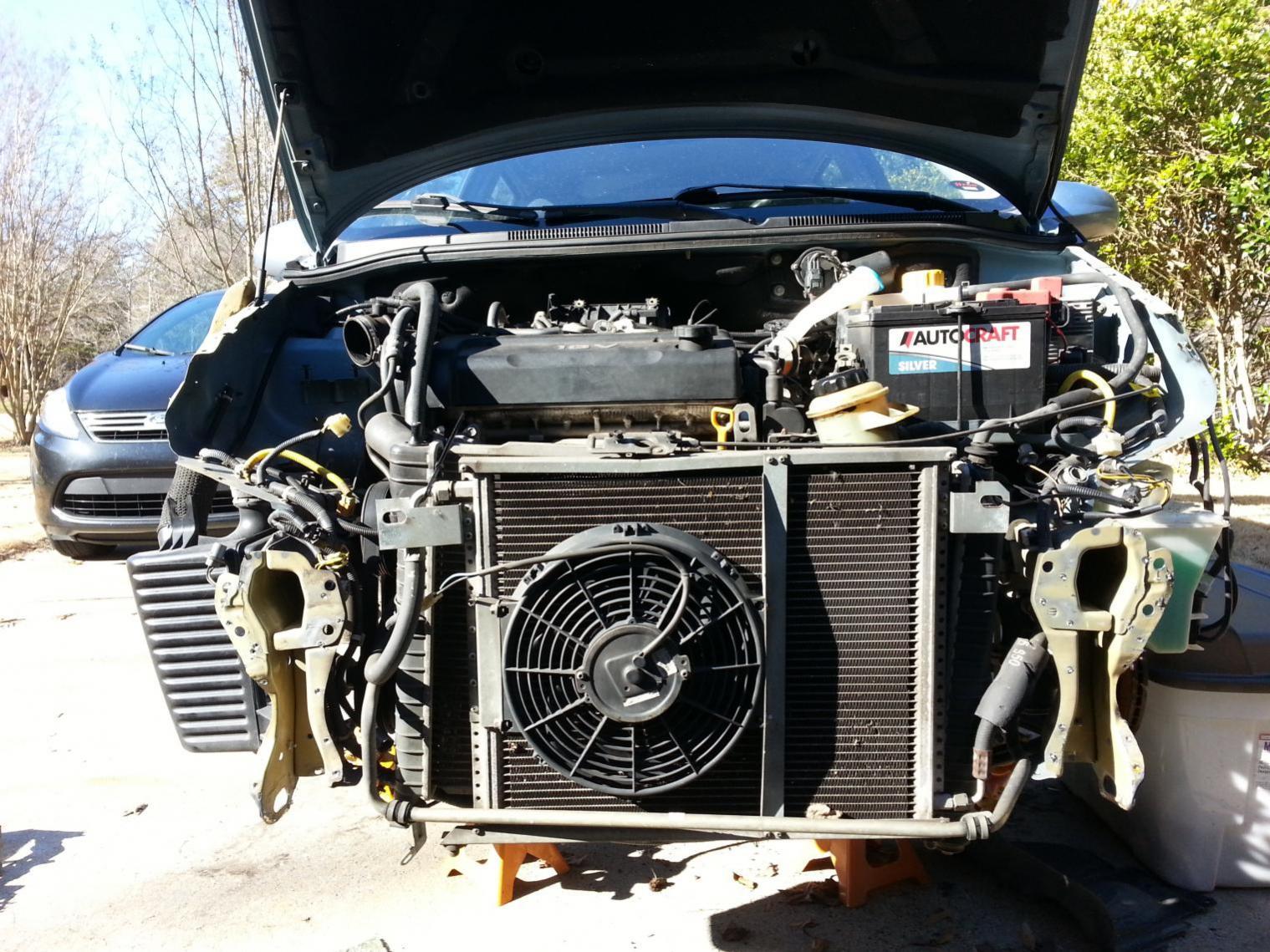

Articles
Radiator Fan Not Working When AC Is On
Modified: March 2, 2024
Having trouble with your radiator fan not working when AC is on? Read our informative articles to understand the causes and find solutions to fix the issue.
(Many of the links in this article redirect to a specific reviewed product. Your purchase of these products through affiliate links helps to generate commission for Storables.com, at no extra cost. Learn more)
Introduction
When your car’s radiator fan fails to function properly while the air conditioning (AC) is turned on, it can lead to overheating, potentially causing severe damage to your engine. The radiator fan plays a crucial role in maintaining the optimum temperature of your vehicle’s engine and cooling system. It helps to dissipate the heat generated by the engine and keeps the temperature within a safe range.
In normal circumstances, the radiator fan operates when the engine reaches a certain temperature. However, when the AC is switched on, it triggers an additional load on the engine, resulting in increased heat generation. Consequently, the radiator fan should activate to ensure adequate cooling and prevent the engine from overheating. When the radiator fan fails to engage in such situations, it is essential to diagnose and resolve the issue promptly to avoid potential engine damage.
In this article, we will explore the common causes of radiator fan failure, identify the symptoms of a malfunctioning fan, discuss diagnostic steps, and provide potential solutions to address the issue. By understanding and addressing radiator fan issues, you can ensure the longevity and performance of your vehicle.
Key Takeaways:
- Promptly addressing radiator fan failure when the AC is on is crucial to prevent engine overheating and potential damage. Understanding common causes, symptoms, and diagnostic steps can help ensure the longevity of your vehicle.
- Recognizing symptoms such as engine overheating, AC performance issues, and unusual noises can prompt timely action. Following a systematic diagnostic process and implementing appropriate solutions are essential for maintaining efficient engine cooling.
Read more: When Does Radiator Fan Turn On
Common Causes of Radiator Fan Failure
There are several potential causes for radiator fan failure when the AC is turned on. Understanding these common causes can help you pinpoint and address the issue effectively:
- Faulty Fan Motor: One of the main causes of radiator fan failure is a faulty fan motor. The motor may become worn out over time or experience electrical issues, preventing it from spinning and cooling the engine effectively.
- Electrical Malfunction: Electrical problems can also lead to the failure of the radiator fan. This can include issues with the fan relay, fuse, or wiring, which can disrupt the flow of electricity and prevent the fan from operating.
- Temperature Sensor Failure: The temperature sensor is responsible for detecting the engine’s temperature and signaling the fan to turn on when needed. If the temperature sensor is faulty or malfunctioning, it may not send the correct signals to activate the fan, resulting in its failure to engage.
- Blown Fuse: A blown fuse can interrupt the power supply to the fan, causing it to stop working. Fuses can blow due to electrical surges or other issues, and replacing a blown fuse may resolve the problem.
- Defective Fan Control Module: The fan control module regulates the operation of the radiator fan based on inputs from sensors. If this module becomes defective, it may not send the appropriate signals to activate the fan, leading to its failure.
- Blocked or Damaged Fan Blades: If the fan blades are blocked by debris, leaves, or other obstructions, it can prevent the fan from spinning. Additionally, if the fan blades are damaged or bent, they may not rotate properly, reducing the fan’s effectiveness.
Identifying the specific cause of radiator fan failure is crucial in determining the most appropriate solution. Consultation with a professional mechanic or conducting a thorough diagnostic process can help pinpoint the issue accurately.
Symptoms of Radiator Fan Not Working When AC Is On
When the radiator fan fails to function properly when the AC is turned on, there are several symptoms that may indicate the issue. Recognizing these symptoms can help you identify the problem and take appropriate actions:
- Engine Overheating: One of the most noticeable symptoms of a malfunctioning radiator fan is engine overheating. If the fan is not cooling the engine as it should, the temperature can rise rapidly, leading to overheating. You may notice the engine temperature gauge indicating high temperatures or steam coming from under the hood.
- AC Performance Issues: The AC cooling performance may be compromised if the radiator fan is not working properly. When the fan fails to engage, the heat generated by the AC compressor and condenser is not effectively dissipated. This can result in reduced cooling capability and weaker airflow from the vents.
- Frequent AC Compressor Cycling: If you observe that the AC compressor is frequently cycling on and off more frequently than usual, it could indicate a problem with the radiator fan. The fan is responsible for maintaining proper cooling of the AC components, and without its operation, the compressor may cycle more frequently as it struggles to dissipate heat.
- Unusual Noises: A malfunctioning radiator fan may produce unusual noises when attempting to spin. You might hear grinding, squeaking, or rattling sounds coming from the engine compartment. These noises indicate potential issues with the fan motor or fan blades.
- Warning Lights: In some cases, a failing radiator fan can trigger warning lights on the dashboard. The engine overheating warning light or the check engine light may illuminate to indicate abnormal temperature levels or a problem with the cooling system.
If you notice any of these symptoms, it is crucial to address the issue promptly. Continuing to drive with a malfunctioning radiator fan can lead to severe engine damage and costly repairs. Consult with a qualified mechanic to diagnose the problem and implement the necessary repairs or replacements.
Check the fan relay and fuse to ensure they are not blown. Also, make sure the fan motor is functioning properly. If all else fails, consult a professional mechanic.
Diagnostic Steps for Identifying Radiator Fan Issues
When encountering radiator fan issues, it is essential to follow a systematic diagnostic process to pinpoint the underlying problem. Here are the recommended steps to help identify the cause of the radiator fan failure:
- Visual Inspection: Begin by visually inspecting the radiator fan and its components. Look for any signs of damage, such as broken fan blades, loose connections, or debris blocking the fan. Check the electrical connectors and wiring for any apparent issues.
- Check Fuse and Relay: Verify the condition of the fuse and relay associated with the radiator fan. Check for any blown fuses, and replace them if necessary. Swap the fan relay with another similar relay to determine if the relay itself is the cause of the problem.
- Test Fan Operation: Next, test the fan operation by disconnecting the electrical connector and applying direct power to the fan motor. If the fan does not turn on, it indicates a faulty motor that needs to be replaced. However, if the fan spins when power is directly applied, the issue may lie elsewhere in the electrical system.
- Check Temperature Sensors: Inspect the temperature sensors responsible for signaling the fan to turn on. Use a multimeter to measure the resistance of the sensors at various temperatures. Compare the readings with the manufacturer’s specifications to determine if the sensors are working within the recommended range.
- Scan for Error Codes: Utilize an OBD-II scanner to retrieve any error codes stored in the vehicle’s computer system. These codes can provide valuable insights into the specific component or system malfunction that may be impacting the radiator fan operation.
- Consult Professional Assistance: If the issue remains unresolved or the diagnostic process becomes too complex, it is advisable to seek professional assistance. A skilled mechanic will have the necessary expertise and equipment to diagnose and repair the radiator fan issue effectively.
By following these diagnostic steps, you can narrow down the cause of the radiator fan failure and proceed with the appropriate repairs or replacements. Remember to prioritize safety when conducting any diagnostic or repair work on your vehicle, and if you feel unsure or uncomfortable, always consult a professional mechanic.
Potential Solutions for Fixing Radiator Fan Failure
When faced with radiator fan failure, there are several potential solutions depending on the identified cause. Here are some common remedies to consider:
- Replace the Fan Motor: If the radiator fan motor is found to be faulty, it will need to be replaced. Disconnect the electrical connectors and remove the old fan motor. Install a new motor and reconnect the electrical connections following the manufacturer’s instructions.
- Repair or Replace Electrical Components: If the issue lies with the electrical system, such as a blown fuse, faulty relay, or wiring problem, repair or replacement may be necessary. Replace any blown fuses, faulty relays, or repair damaged wiring to restore the fan’s functionality.
- Replace the Temperature Sensor: If the temperature sensor is determined to be the cause of the radiator fan failure, it will need to be replaced. Remove the old sensor and install a new one, ensuring proper connection and alignment.
- Clear Obstructions or Replace Damaged Fan Blades: If the fan blades are obstructed by debris or are damaged/bent, clear the obstructions or replace the blades. Ensure that the fan spins freely without any restrictions that could impede its operation.
- Repair or Replace the Fan Control Module: If the fan control module is faulty, it may need repair or replacement. Consult with a professional mechanic to determine the best course of action for addressing this component.
- Perform a System Flush: In some cases, radiator fan failure may be caused by a coolant system issue, such as coolant blockages or air pockets. Performing a system flush can help remove any build-up or air pockets, improving the cooling efficiency overall.
It is important to note that the specific solution will depend on the diagnosed problem and the make and model of your vehicle. Consult with a professional mechanic for advice and assistance in implementing the most appropriate solution for your radiator fan failure.
Remember, for complex repairs or if you lack experience in working with vehicle systems, it is always recommended to enlist the help of a qualified professional. They have the expertise, tools, and knowledge to ensure the proper repair and functioning of your radiator fan system.
Read more: Radiator Fan Not Turning On When Ac Is On
Conclusion
A radiator fan failure when the AC is turned on can lead to engine overheating and potential damage to your vehicle. Therefore, it is crucial to identify and address the issue promptly in order to maintain the optimal performance and longevity of your engine.
In this article, we discussed the common causes of radiator fan failure, including faulty fan motors, electrical malfunctions, temperature sensor failure, blown fuses, defective fan control modules, and blocked or damaged fan blades. Understanding these causes can help you diagnose the root of the problem more efficiently.
We also highlighted the symptoms of a radiator fan not working properly when the AC is on, such as engine overheating, AC performance issues, frequent AC compressor cycling, unusual noises, and warning lights. Being aware of these symptoms can help you recognize the issue and take appropriate action in a timely manner.
To identify radiator fan issues, we provided a diagnostic process that includes visually inspecting the fan and its components, checking fuses and relays, testing fan operation, examining temperature sensors, scanning for error codes, and seeking professional assistance if needed. Following these steps can help you pinpoint the cause of the radiator fan failure more accurately.
Finally, we discussed potential solutions for fixing radiator fan failure, including replacing the fan motor, repairing or replacing electrical components, replacing the temperature sensor, clearing obstructions or replacing damaged fan blades, repairing or replacing the fan control module, and performing a system flush. The appropriate solution will depend on the identified issue and the specific characteristics of your vehicle.
In conclusion, addressing radiator fan failure when the AC is turned on is crucial for the proper functioning and longevity of your vehicle. By understanding the causes, recognizing the symptoms, following a diagnostic process, and implementing the appropriate solution, you can ensure the efficient cooling and smooth operation of your engine.
Remember, if you are unsure or uncomfortable performing any diagnostic or repair work on your vehicle, it is always recommended to consult with a professional mechanic. They have the expertise and knowledge to handle radiator fan issues effectively and safely.
Frequently Asked Questions about Radiator Fan Not Working When AC Is On
Was this page helpful?
At Storables.com, we guarantee accurate and reliable information. Our content, validated by Expert Board Contributors, is crafted following stringent Editorial Policies. We're committed to providing you with well-researched, expert-backed insights for all your informational needs.
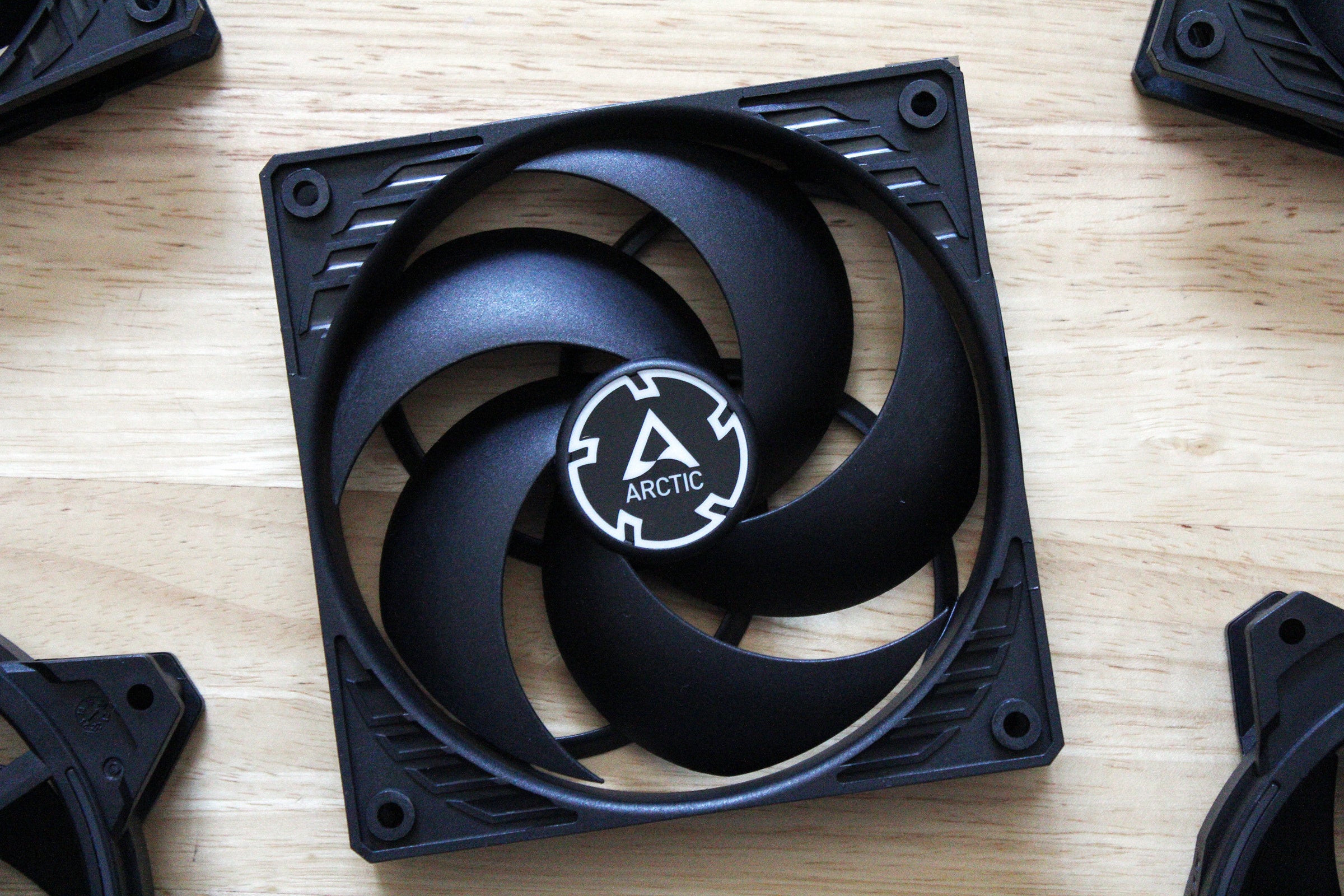
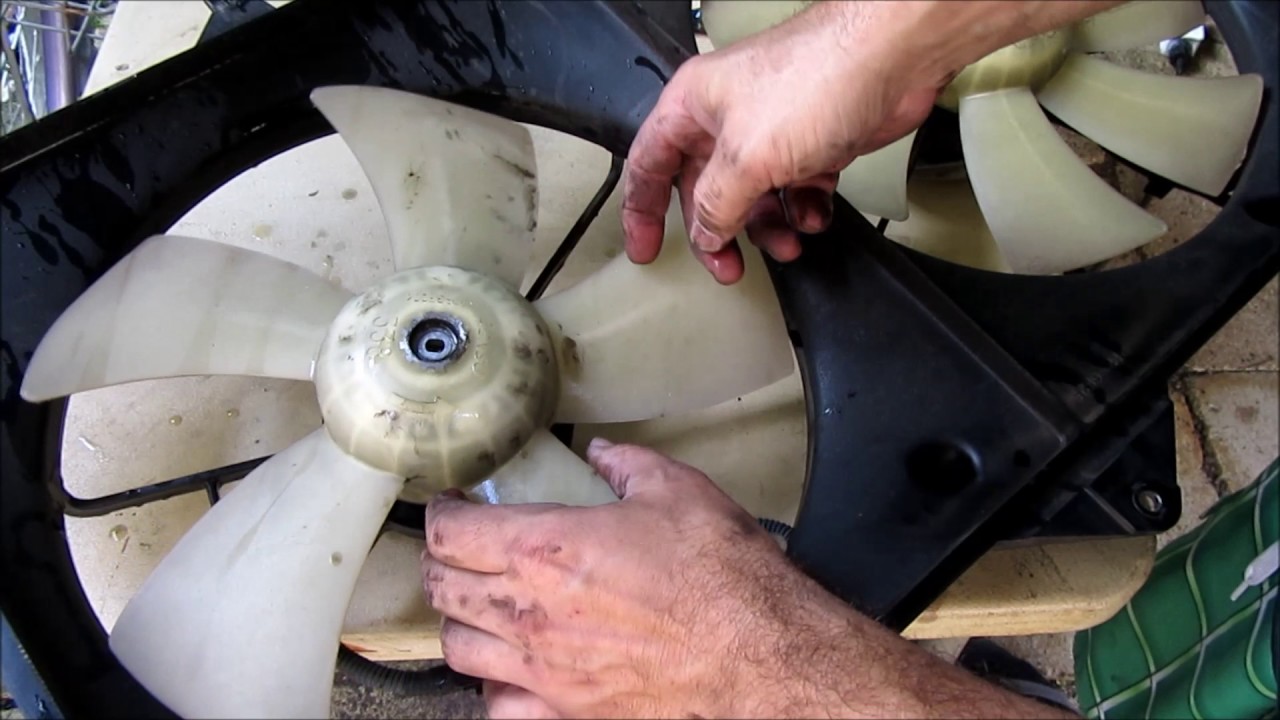
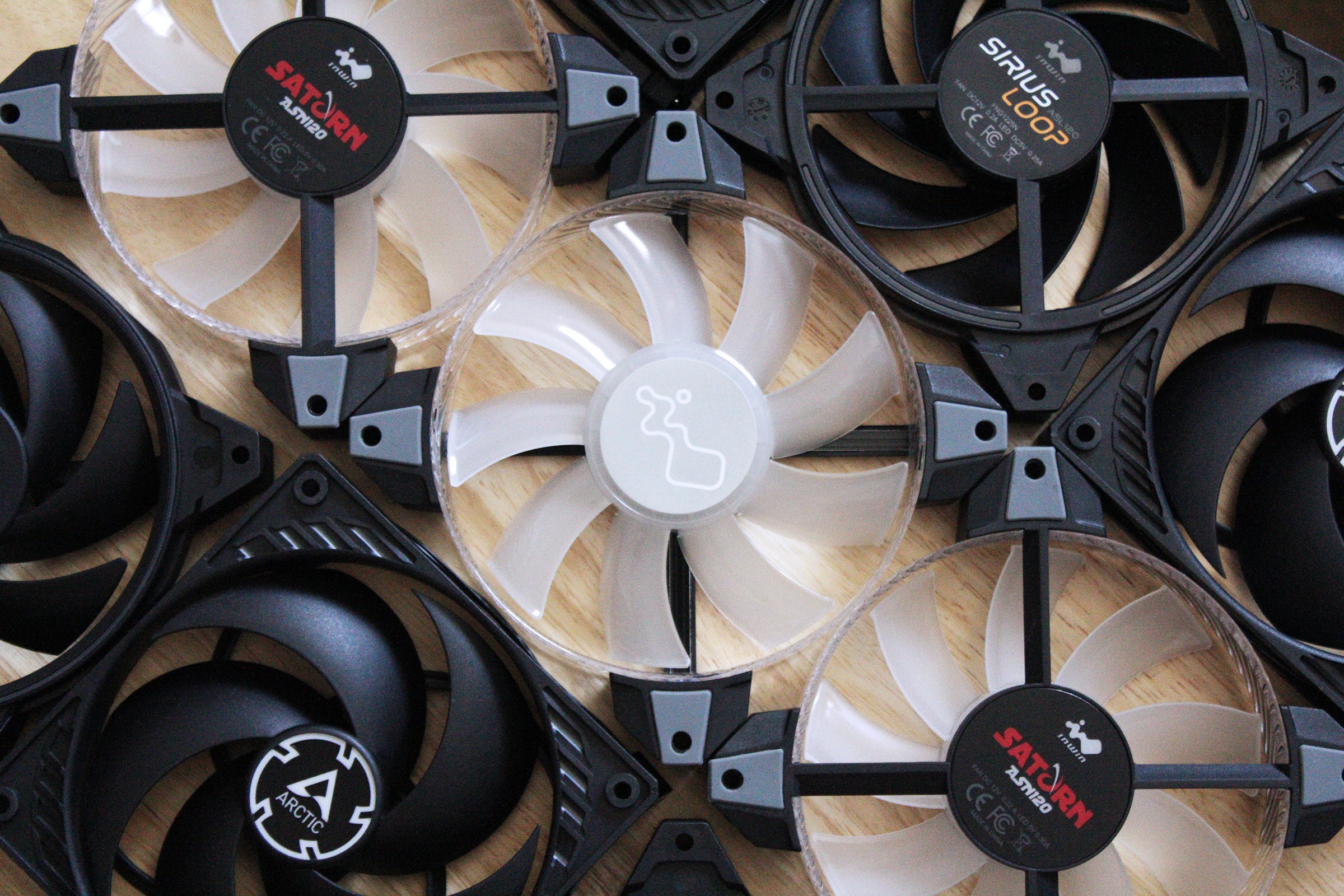

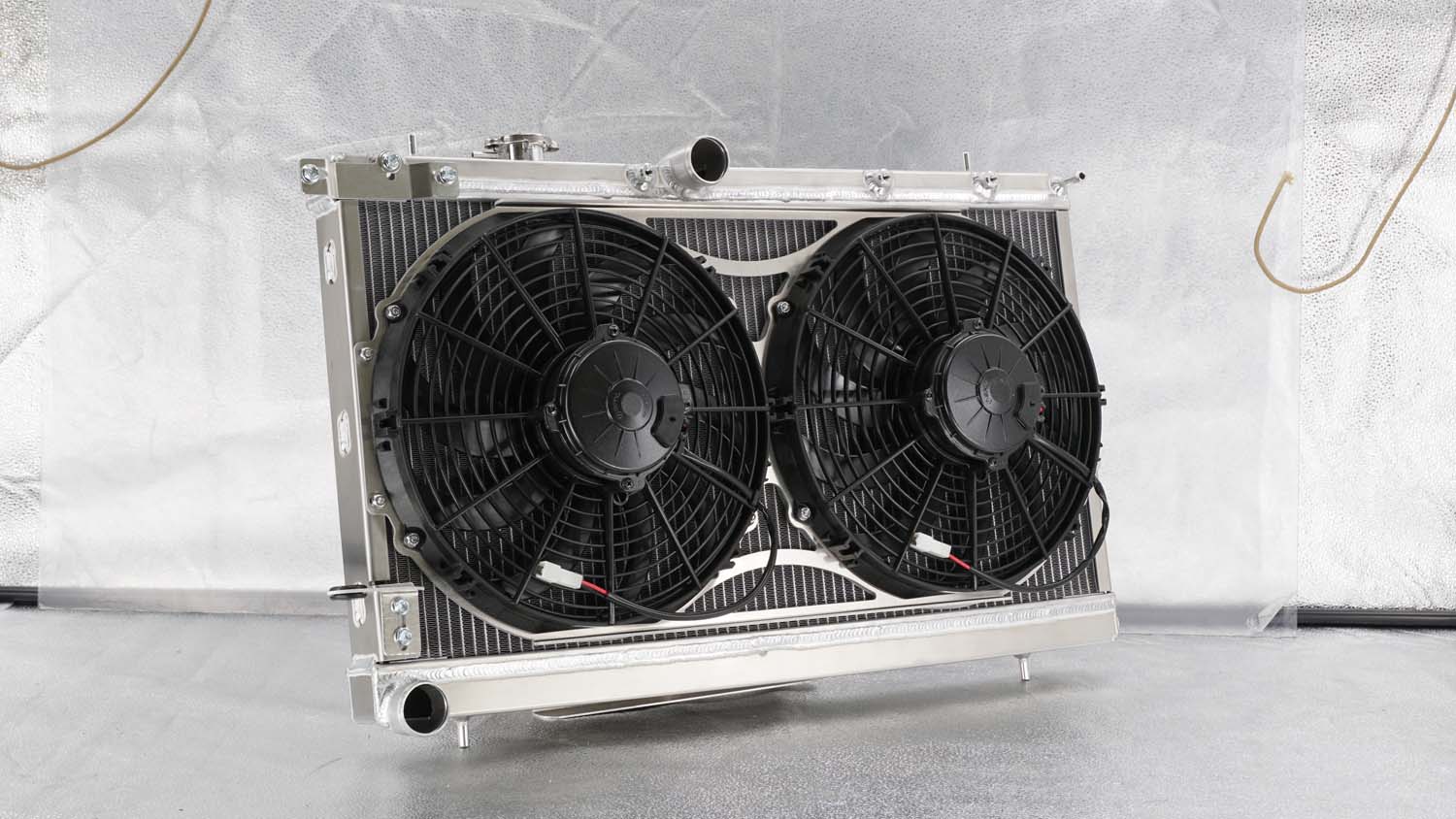
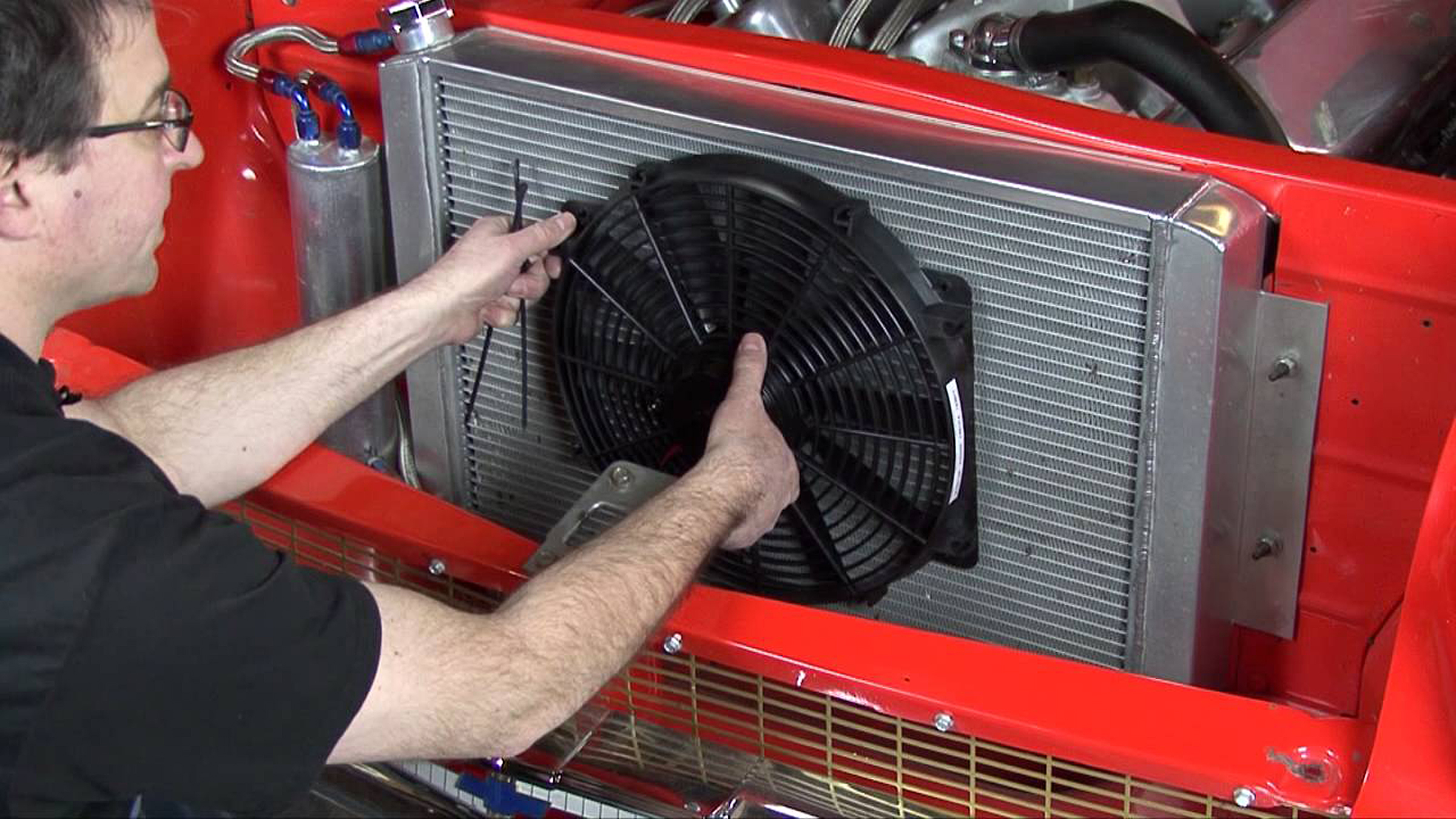
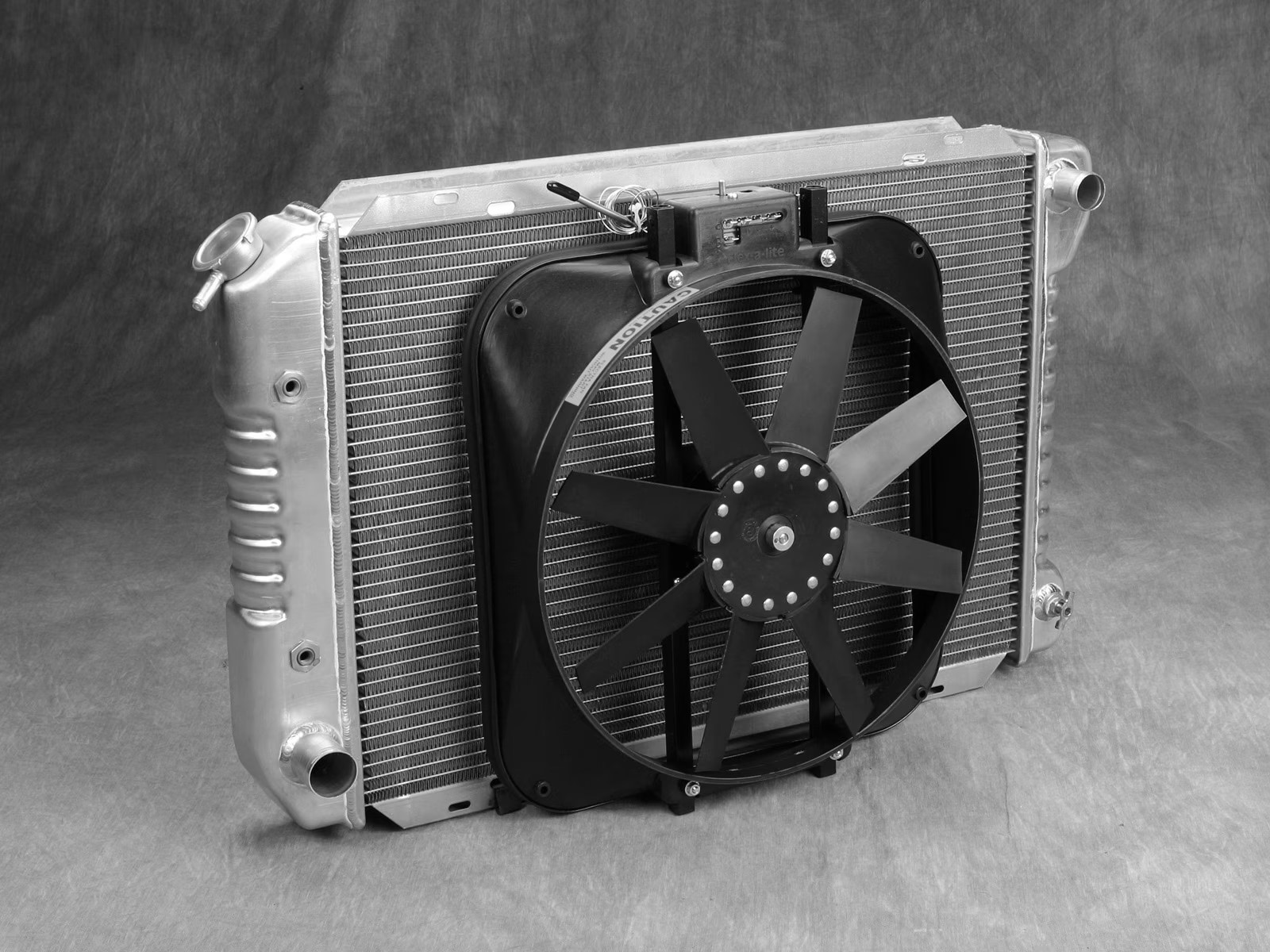
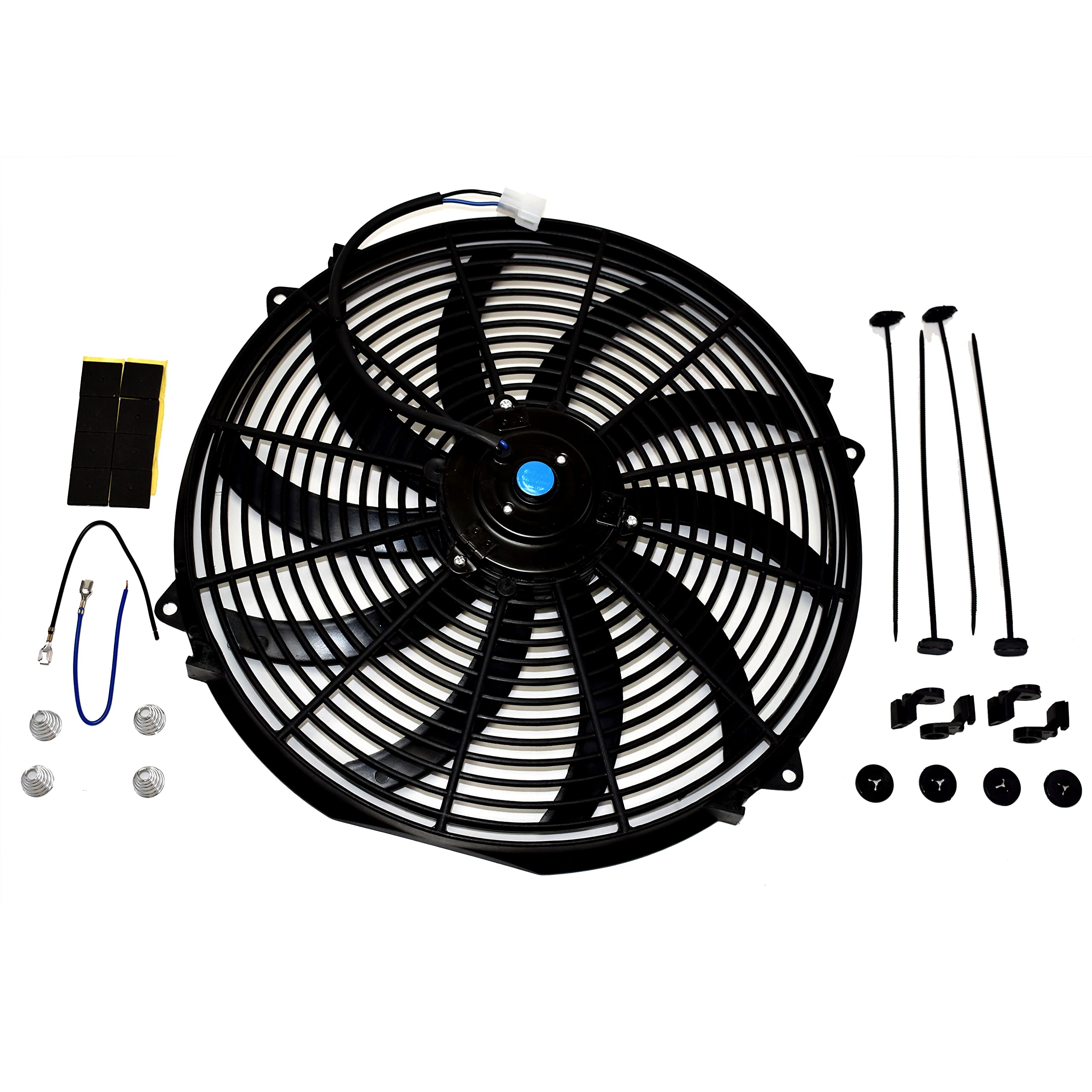
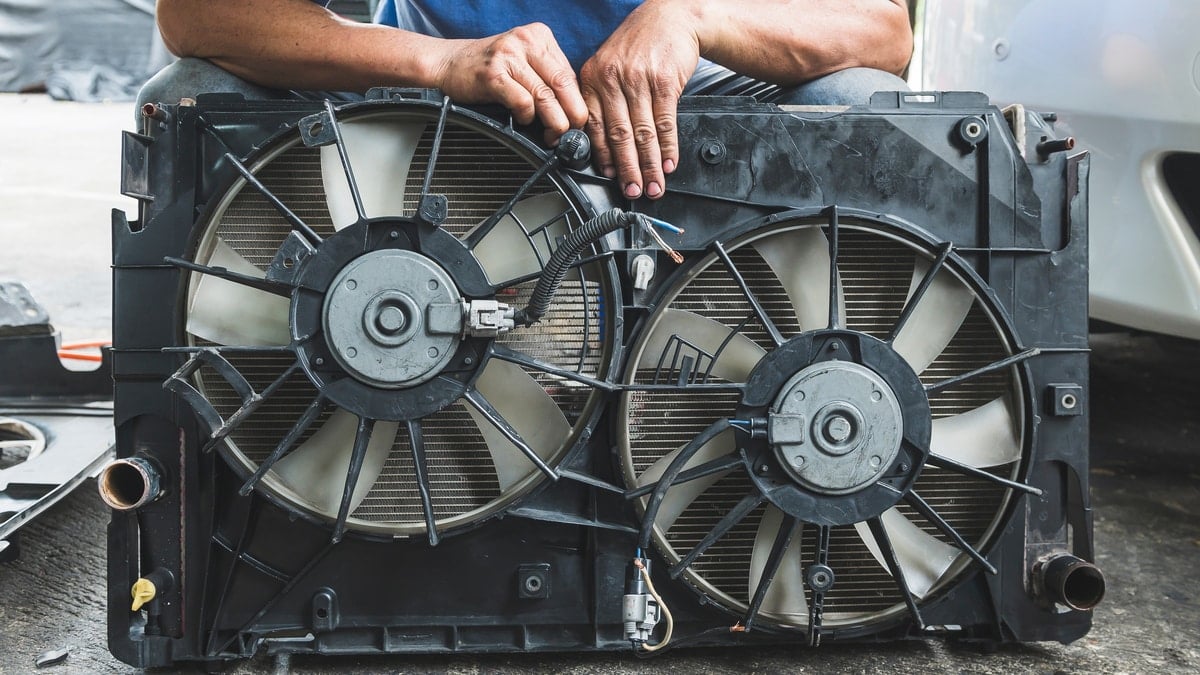
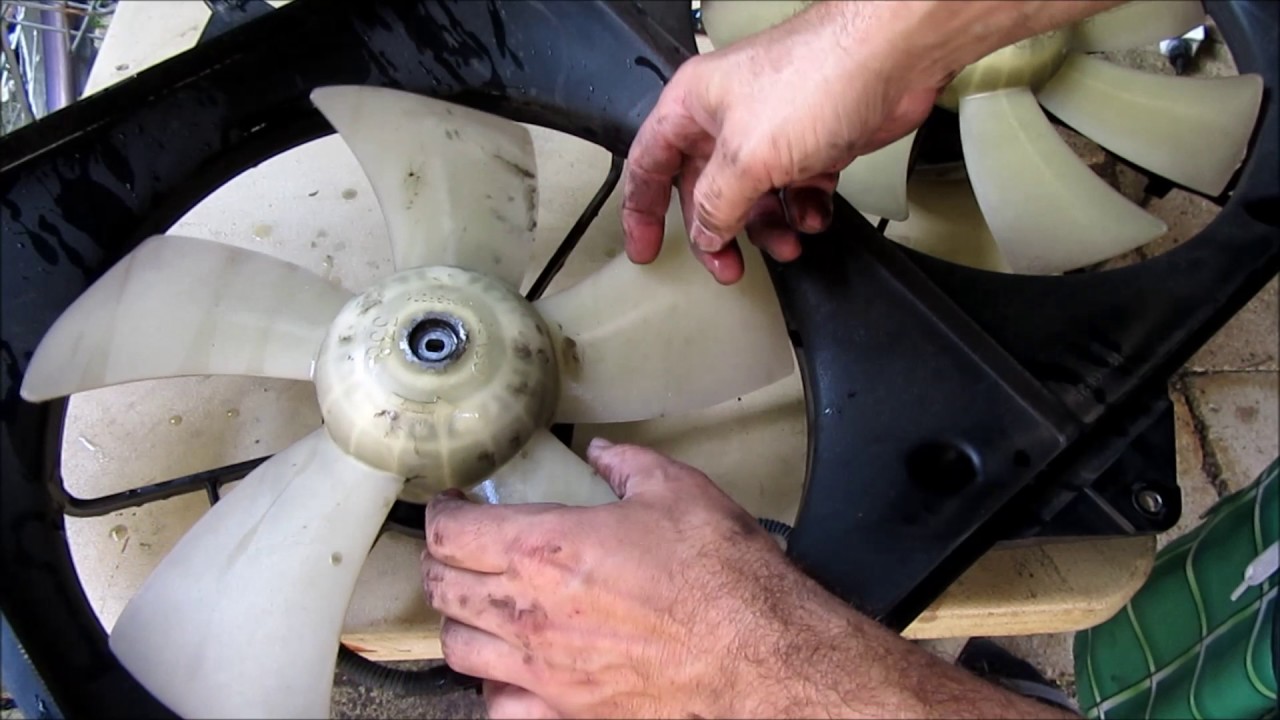
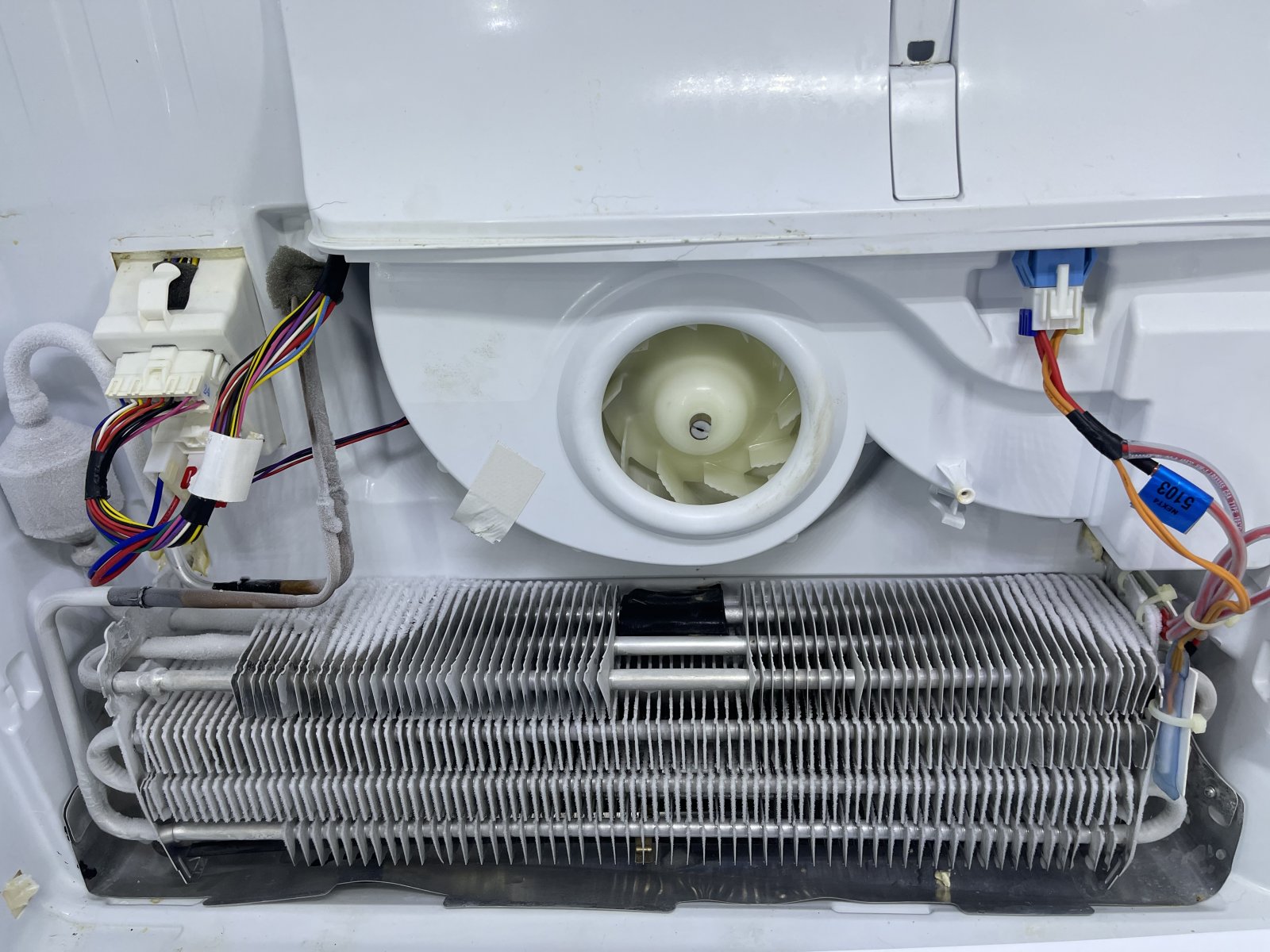




0 thoughts on “Radiator Fan Not Working When AC Is On”